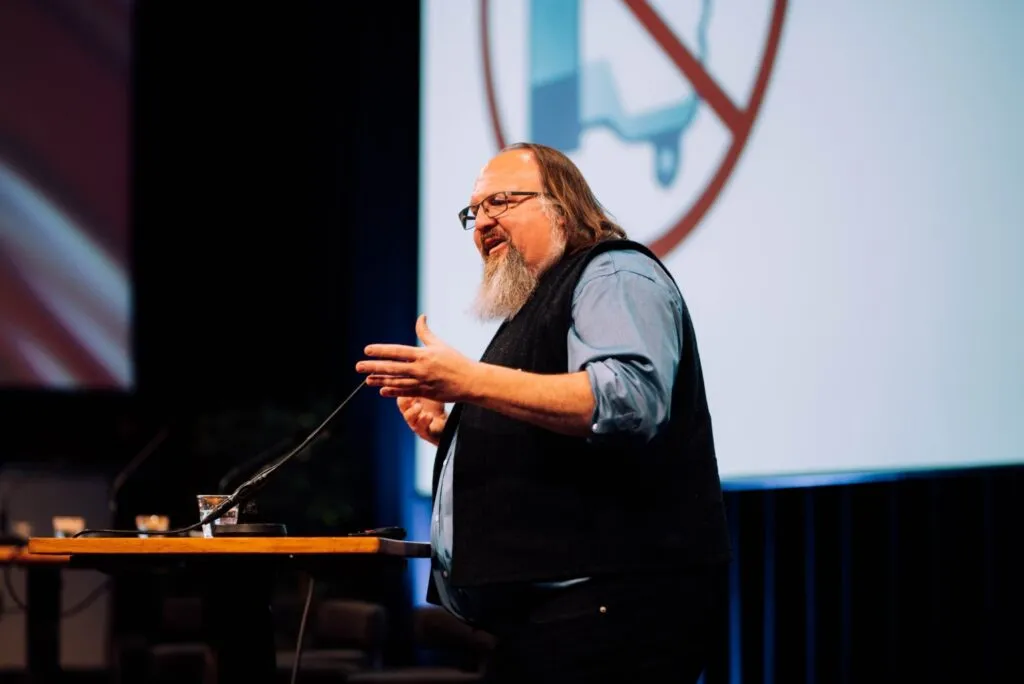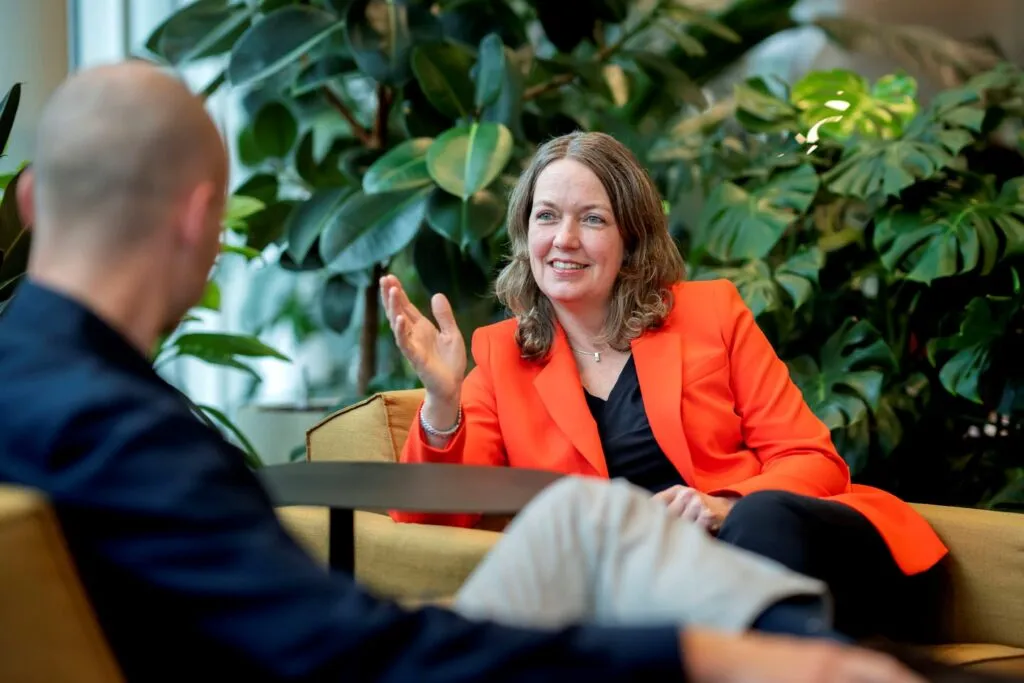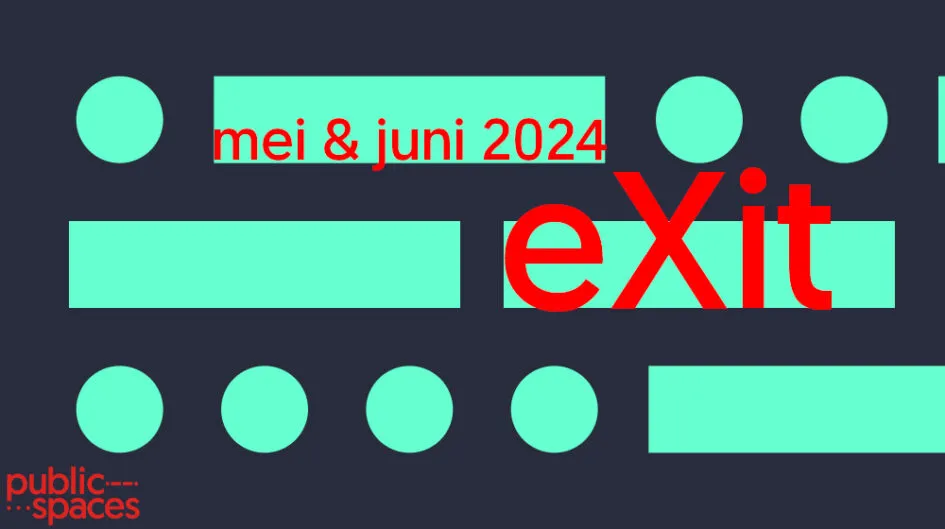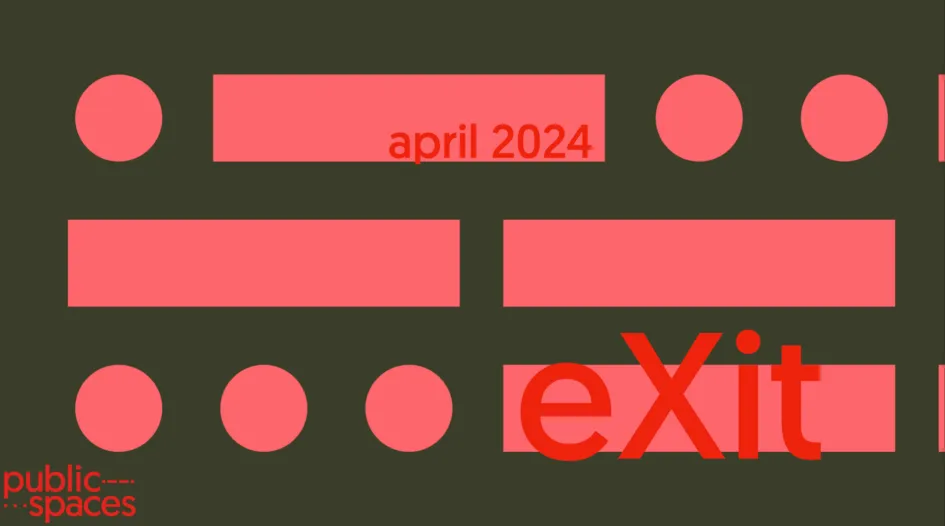Article by Joost de Graaf / Picture by Jimena Gaunez
A lot has been said about the role of social media in our society. Recently, most of us have realized its downsides but are we thinking about what social media should be in a constructive manner? On the second day of the PublicSpaces Conference associate professor Ethan Zuckerman shared his thoughts on how small initiatives can change our perception of social platforms in a big way.
PublicSpaces Conference May 18 – Ethan Zuckerman on The Good Web
Fixing existing problems is not good enough
The question of what social media’s role in society is, and more specifically what the negative implications are, has exponentially gained more and more attention. A lot of us are also asking ourselves if it can damage the individual. Is it leading us to extremist points of view? Is it creating body issues for young people? And is it perhaps addictive in the way gambling is? Social media does seem to have a lot of negative implications as well as it surely has some good ones.
Zuckerman’s take on these developments is that it simply shows that we have started to take the public sphere seriously again. However, a lot of the discussion on the problems of this digital public sphere is based around the inherent qualities of the large platforms a lot of us are using already. While good effort is taking place to combat the negatives of social media, perhaps we can be more imaginative.
‘It’s not just that we don’t want social media to turn us into zombies, addicts or extremists. We might want social media to help us become better citizens, better neighbors and better citizens of the world.’’
Where do we go from here?
The idea of thinking about digital spaces from the perspective of what we want them to be is empowering, but where do we start? According to Ethan Zuckerman, it is best to start experimenting with smaller social models and find basic principles that work and can be integrated on other platforms. Another interesting observation is that our lives outside of the digital realm are much more decentralized than they are online. A single person is part of numerous communities which all interact in different ways. There should therefore also be a better way of separating these different social groups online.
During the panel discussion What’s Next, Zuckerman addressed the friction that arises from the various social circles in our lives coming together in the online world. ”I see the individual in part, as a unique intersection of multiple groups, and that is the model that I’m trying to build. The idea is that you as an individual are choosing the groups in which you want to spend your time, you are choosing how you want to allocate attention to them, but you are also putting your sense of selfhood, in a real sense, at an intersection of these communities.”
PublicSpaces Conference May 18 – Panel on how to create a healthier European online sphere
Being able to image a better digital sphere also has a lot to do with the amount of agency we have over the social norms that dictate online platforms. ”Part of the reason why Facebook is so ungovernable is that depending on who you are talking to, it’s a bar, it’s a church, it’s a healthcare clinic and they are all in the same place and all of these (social) rules are conflicting”
Building social platforms that allow for more personal decisions about what content is shown and give the user different options for ways of interacting with one another is therefore essential. We are collectively responsible for the quality of the public sphere. Therefore Zuckerman argues that it is on all of us to work together and think of solutions. Because while critiquing large tech corporations is not unjustified, reimagining the digital public sphere is much more exciting.
Want to know more about Ethan Zuckerman and his recent work? Visit his website.
Ahead of the conference, Ethan also joined the Pakhuis de Zwijger Podcast series to talk about his lessons for would-be changemakers.
Watch all PublicSpaces conference sessions at https://conference.publicspaces.net/en/ondemand




